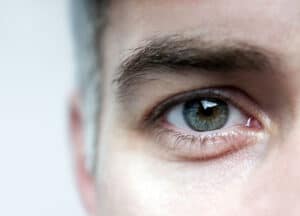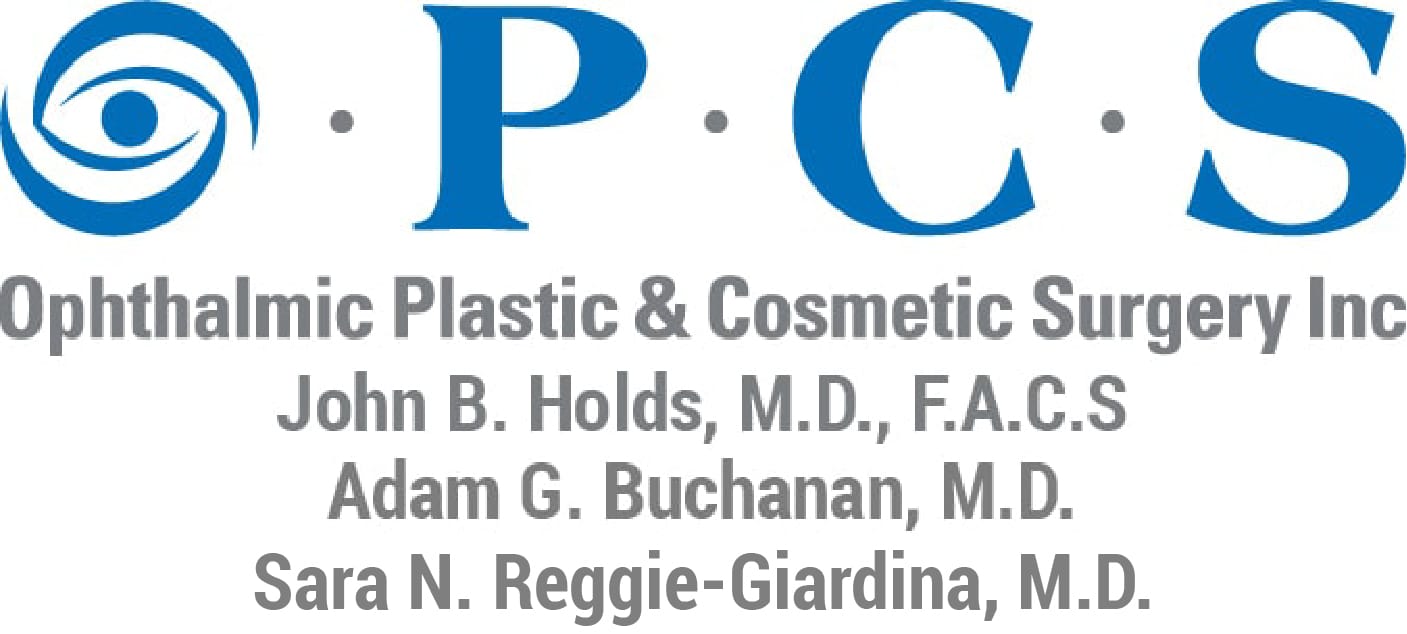Orbital Decompression can Restore Confidence and Comfort
- Posted on: Oct 15 2018

Causes of Bulging Eyes
Proptosis may occur in only one eye or in both. While the thyroid is typically an underlying factor in most cases, the following may also contribute to bulging eyes:
- Genes
- Tumors in the eye socket
- Sunken cheekbones
- Grave’s disease
- Shallow eye sockets
What Orbital Decompression Does
Orbital decompression is an eye surgery that is conducted to lend proportion and symmetry to the face. This cosmetic benefit is joined by functional benefits that include improved comfort related to eye lubrication and decreased instances of eye infection or irritation. In some cases, orbital decompression surgery can even improve vision.
Eye surgery often sounds complex. However, this procedure involves the latest surgical techniques, which enables the surgeon to operate through tiny incisions in the eyelid. The procedure does not take long, nor does recovery.
Orbital decompression surgery is conducted with general anesthesia. Patients are not aware of what is going on around them; they rest peacefully while their vital signs are closely monitored. An incision is made along the crease of the upper eyelid or may be made on the inside of the eyelid or at a point at the inside corner of the eye. Through the incision on each eyelid, tiny instruments are maneuvered to set the eyeball further back into the socket. Each eye typically takes less than an hour.
The bulk of recovery from orbital decompression surgery occurs within 7 to 10 days. Prescription pain medication is ordered to help patients manage the mild to moderate discomfort they may experience during the first 2 to 3 days after surgery. Ice packs may also help manage comfort as well as swelling. The bruising and swelling that occur after surgery diminish over a two-week period, and stitches may dissolve on their own. If non-absorbable sutures are used, they will be removed a week to ten days after surgery. At this point, normal activities can be resumed.
Bulging eyes are problematic for children and adults. Orbital decompression surgery holds the key to improved function and confidence. To learn more, contact our St. Louis office at 314-567-3567.
Posted in: Thyroid Eye Disease

